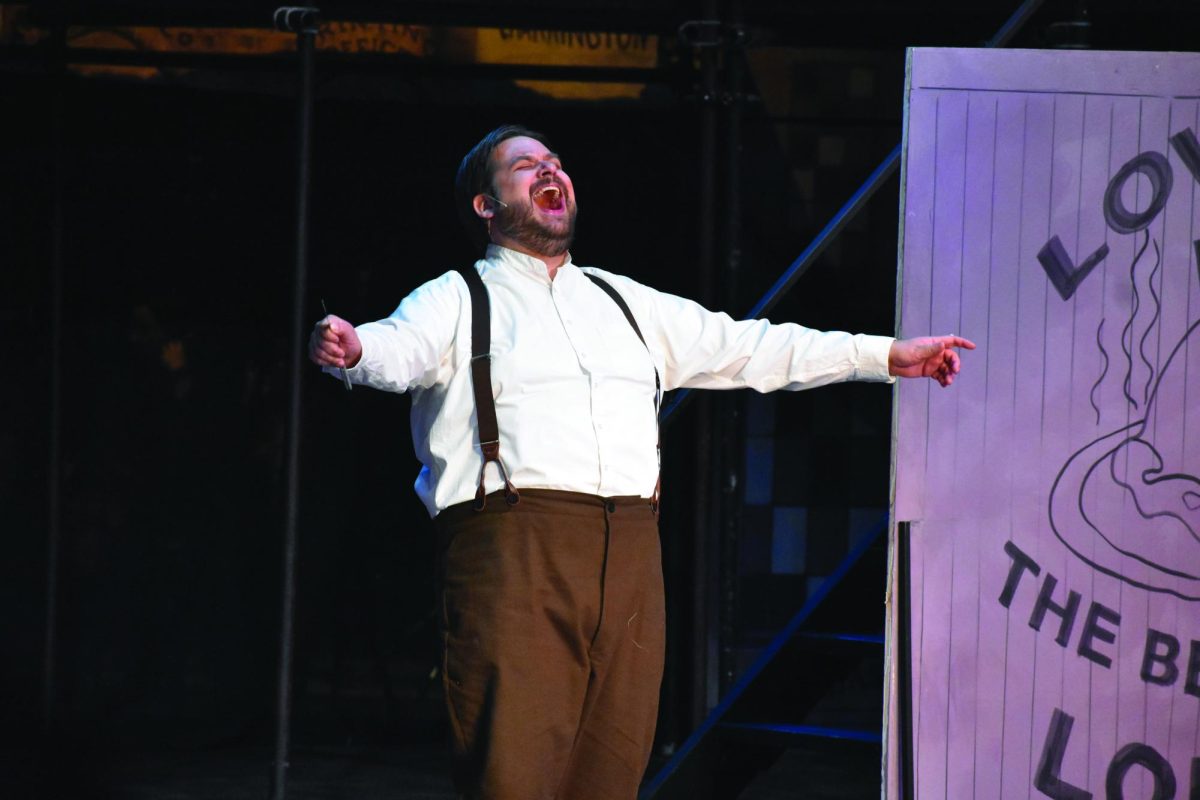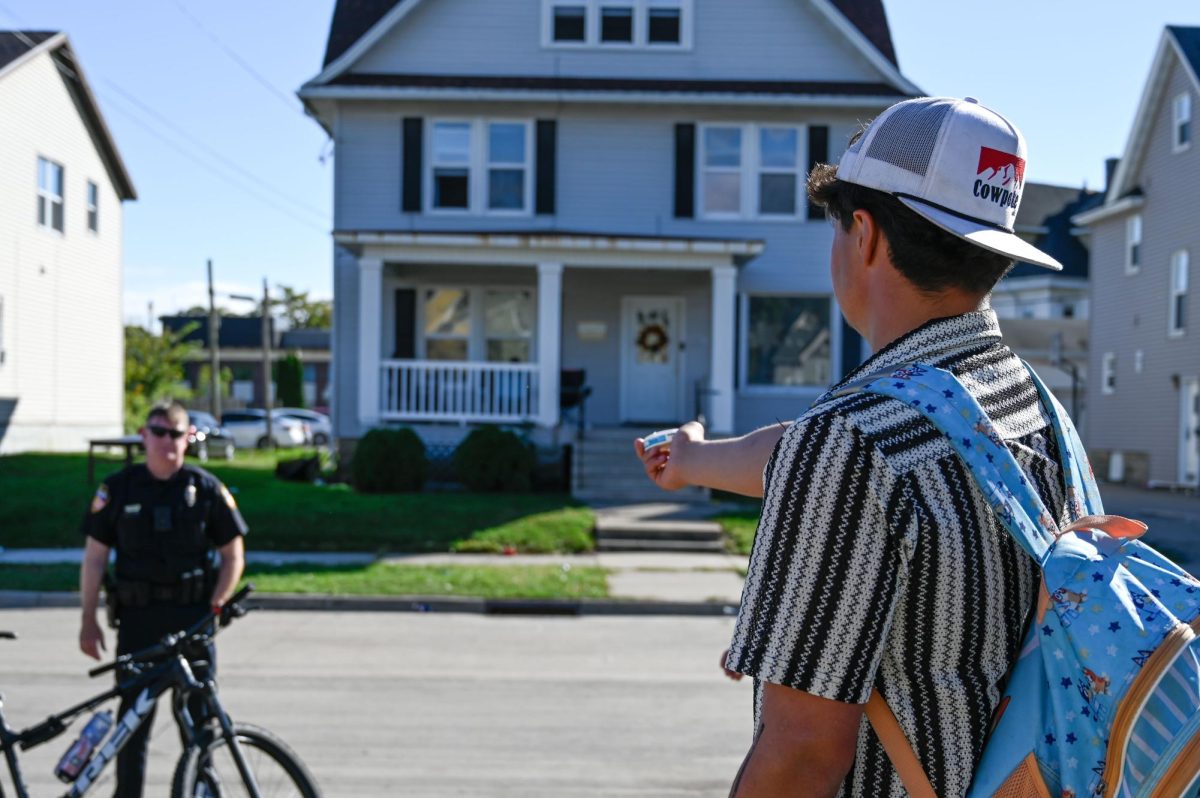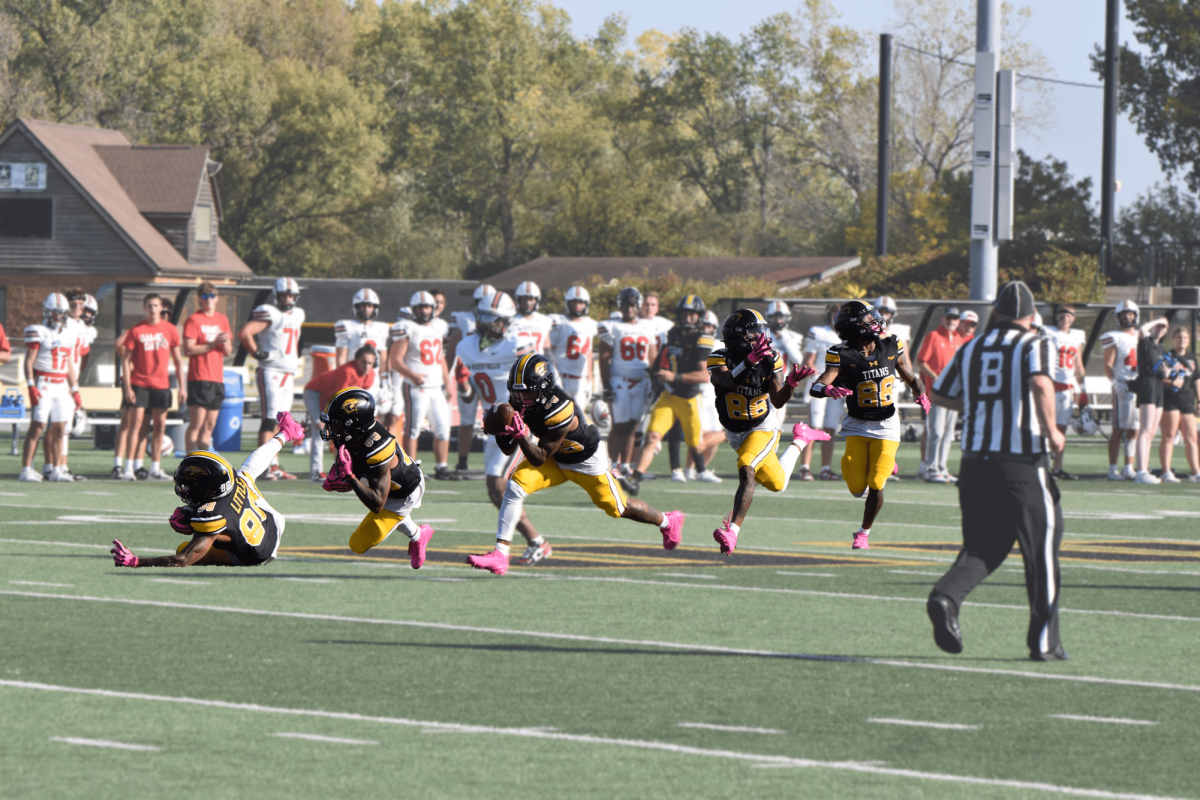UW system President Jay Rothman suggested that UW universities “shift away” from liberal arts programs, particularly at campuses with low-income students, in an effort to steer students toward more career-specific paths, according to emails obtained by The Daily Cardinal.
Rothman has since taken to X to defend his statements, writing that he has “not asked our universities to move away from liberal arts programs,” and adding that he is a “product of the liberal arts” himself.
In the string of Tweets, Rothman said he is “deeply disappointed by the mischaracterization of my communication with chancellors by The Daily Cardinal, both in its egregiously false headline and the framing of its story.”
The email contains a list of 16 suggestions for chancellors across the Universities of Wisconsin moving forward. Many of Rothman’s points are worthy… until you reach No. 13. Unlucky No. 13 – how fitting.
The email said:
“13. Consider shifting away from liberal arts programs to programs that are more career specific, particularly if the institution serves a large number of low-income students.”
Personally, we are siding with The Daily Cardinal on this one. It is hard to believe that Rothman thought his statements would have been taken any other way than negatively. We’d like to give him the benefit of the doubt and say that it sounded worse than it is, but adding in the final bit about low-income students really was the cherry on top of his sloppy suggestion.
The Daily Cardinal stated that in emails Rothman said some of his recommendations “will have no applicability to our situation or imply actions that we may not be prepared to take,” but they were “nonetheless instructive.”
To allude to the idea that only high-income families should be able to afford to send their children to universities with liberal arts programs is, not only a shame, but beyond insulting to limit one’s opportunities because of money.
To put it bluntly, it feels like these “suggestions” are really saying that if you don’t have enough money, go stand in the corner and watch while those with money get to do as they please – even if you are just as intellectually capable.
We think Rothman’s comments about shifting away from liberal arts programs at the universities will be politely ignored. Regardless, should we, as students, be concerned about the current attack on liberal arts universities?
Can’t career schools and liberal arts universities coexist as they do in life outside of education?
We think we (as students) forget the fluidity of our degrees. Not everyone will find themselves employed in the exact field they earned a degree in – not even close, so it’s pertinent that universities turn out broad-minded adults. Our degrees aren’t the end-all-be-all in life, but critical thinking skills and the ability to communicate across fields is.
So, what does it mean to be liberally educated?
Well, it has nothing to do with politics if that’s what you were thinking.
Daniel Kontowski, author of “The Paradox of ‘Practical Liberal Arts.’ Lessons from the Wagner College Case for Liberal (Arts) Education in Eastern Europe,” explains liberal arts institutions as so: “Liberal (arts) education can be considered an innovation: promoting small scale, intensive and interdisciplinary education introducing students to all major fields of knowledge and developing their academic skills.”
Liberal arts education (LAE) creates well-rounded, free-thinking individuals who have knowledge that expands outside of their primary major. It forces students to step outside of the narrow path that specialized education puts them on.
It is important to provide students with the opportunity to choose whether they’d like a liberal education or a direct career path education. There should be no competition with STEM because even STEM majors are liberally educated under a liberal arts institution. Both have their advantages and disadvantages and it’s up to the student to decide what is best for them.
At UWO, “more than 75 percent of UWO students receive financial aid in the form of grants, loans and work study,” according to the UW Oshkosh Financial Fast Facts on the UWO website. Would our university be recognized as a low-income university facing potential threats to our liberal arts curriculum? Rothman has just ignited an entirely new cause for concern.
And although Rothman was quick to clarify his statement, it’s still hard not to wonder where he stands.
We can understand the importance of career-specific options for students so as to not waste their time or money in college – but don’t punish the arts; they breathe life into our universities.
LAE teaches college students to think freely and critically rather than conform..
So, before suggesting that universities should “shift away” from liberal arts education, make sure you are aware of just what it means to be liberally educated. Being liberally educated is quite powerful.



















